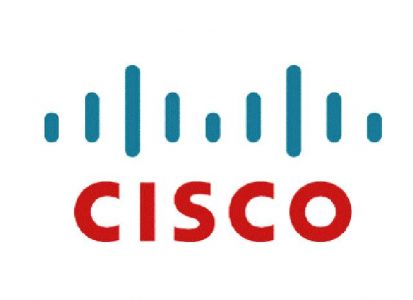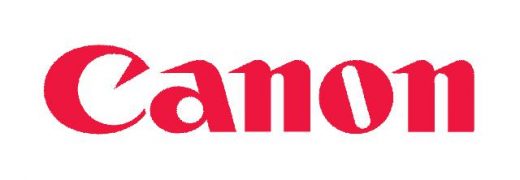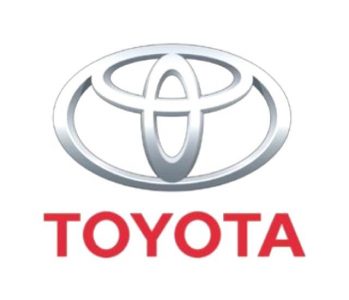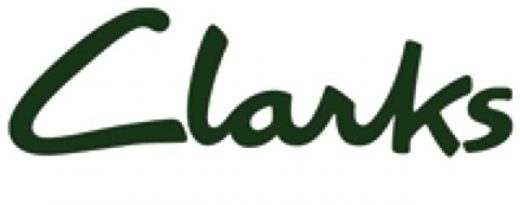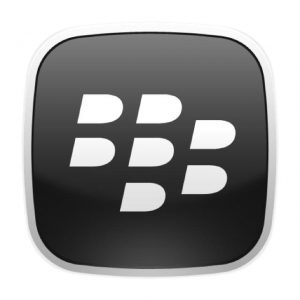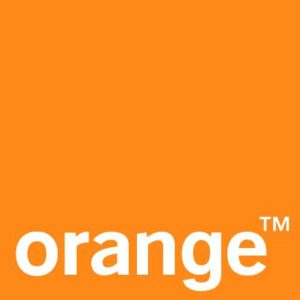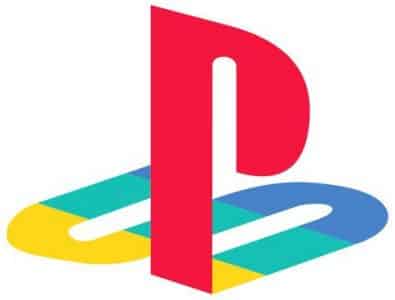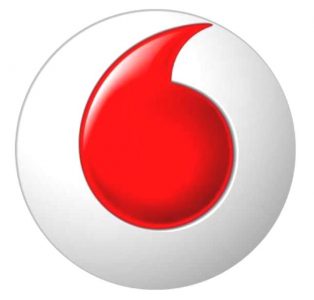Professional Greek Transcription Services
Greek is one of the oldest recorded languages, spoken by millions in Greece, Cyprus, and Greek-speaking communities worldwide. With a rich linguistic history and a unique alphabet, the Greek language presents complex grammar structures, multiple dialects, and distinct formal and informal variations. Because Greek relies heavily on word endings, cases, and context, transcription must be handled by native speakers with a deep understanding of syntax, pronunciation, and industry-specific terminology to ensure that meaning is fully preserved.
Greek transcription is essential across a wide range of industries, including corporate communication, legal documentation, academic research, and media production. Accurate transcription allows businesses to document important meetings, create accessible content, and streamline international communication. In legal and medical settings, precision is paramount, as even minor errors in transcription can lead to misinterpretations with serious consequences. Additionally, Greek media content—ranging from documentaries to television broadcasts and podcasts—requires accurate transcription to support subtitling, translation, and accessibility efforts.
At GoLocalise, we specialise in Greek transcription services, transforming spoken content into clear, structured, and professionally formatted text. Our native Greek transcriptionists are trained to handle formal business language, technical jargon, and conversational speech, ensuring that transcriptions are linguistically accurate, contextually appropriate, and tailored to industry needs.
By working with GoLocalise, you gain access to highly experienced language professionals who provide specialised transcription services, ensuring that every Greek-language transcript is precise, culturally appropriate, and formatted to meet professional standards.
We used GoLocalise to voice several of our films in Vietnamese. The service was friendly and professional. Being able to attend the recording sessions gave me confidence; the sound engineer had taken a lot of time to familiarise himself with our films and scripts, and the voice talents were incredibly competent and good at adapting to any changes in the scripts as we recorded. The whole process was incredibly smooth and I felt in safe hands.
Let's get started!
Specialised Greek Transcription Services Tailored to You
Transcription needs vary depending on industry requirements, content complexity, and intended use. That’s why we offer customised Greek transcription solutions designed to fit different professional settings:
- Verbatim transcription captures every spoken word, including pauses, hesitations, and background sounds, making it ideal for legal proceedings, investigative journalism, and linguistic research. This approach is particularly valuable for court cases, compliance documentation, and law enforcement records, where every spoken detail must be preserved.
- Refined transcription enhances clarity by eliminating filler words, repetitions, and informal expressions while maintaining the original meaning. This format is widely used for corporate documentation, training materials, business meetings, and marketing content, where readability and professionalism are key.
- Summarised transcription condenses lengthy discussions into concise, structured overviews, making it a practical choice for business reports, policy briefings, and media scripts. This approach ensures that key insights are easily accessible while retaining the essential context of the conversation.
For multilingual businesses and international organisations, we also provide Greek and English transcription, ensuring smooth cross-border communication for global companies, legal firms, and media production teams. This service is particularly beneficial for companies operating in European markets, allowing for seamless content adaptation, multilingual documentation, and compliance with international regulations.
What Do Our Greek Audio and Video Transcription Services Include?
A voice-to-text method that captures everything spoken, including interjections, signs of emotion (coughs, sighs, chuckles), false starts, and thought process shifts. It’s useful for reference during editing, but not ideal for finished, polished content.
This captures the speech exactly as it’s spoken, omitting filler words but without correcting grammar or sentence structure. It’s useful when accuracy is needed, but without polishing the final result.
Filler words, false starts, and mispronunciations are eliminated, with grammar corrected. This creates a refined document that reads more like proper text, ideal for publishing or any public-facing material.
Learn more about Transcription Services
Let's get started!
What Are the Benefits of Transcribing Your Greek Audio or Video Content with GoLocalise?
Take a podcast, for instance. By providing a text version of your audio content, search engines like Google can easily index and include it in their search results. When people search for keywords related to your subject matter, they’re far more likely to come across your material. This not only boosts your visibility but also significantly increases traffic to your site, expanding your reach and enhancing your online presence.
Journalists, bloggers, and other content creators often rely on quotes and citations to back up their arguments. When faced with two equally credible sources, one of which has already been transcribed, the transcribed version is much more likely to be chosen. Having your content available in written form makes it far easier for others to reference and quote, increasing the chances of your material being used in a variety of publications and discussions.
Creating high-quality audiovisual content, whether a podcast or a video, is both time-consuming and expensive. Why restrict it to just one format or platform? With a transcript, you can repurpose your content into a range of new formats, such as blog posts, social media updates, or short teaser clips that can attract new audiences. This process not only drives more traffic to your site but also ensures that your original content continues to serve a variety of purposes, maximising its value and impact.
One of the most important benefits of transcription is the increased accessibility it provides, particularly for people with hearing impairments. Without a written transcript, your audio or video content remains completely inaccessible to the deaf and hard-of-hearing communities. Providing a transcript ensures that everyone, regardless of their hearing ability, can engage with your content, helping to make your message more inclusive and far-reaching.
In the UK alone, there are approximately 550,000 Polish speakers, along with over a million speakers of languages such as Punjabi, Gujarati, Bengali, and Urdu. For many second-language speakers, especially when the content involves complex topics or colloquial expressions, following along with audio in a non-native language can be challenging. By providing a written transcript, you give these audiences a valuable resource to help them understand and engage with your content more effectively, bridging the gap between language barriers.
Creating your audiovisual content, whether that's a podcast or a video of some kind, is often an incredibly time-consuming and expensive process. So why use it for only one purpose? You can use a transcription to repurpose your materials into a blog or social media post, to drive traffic to your website, to use as a teaser to bring people to a full-length podcast, and many more uses too.
Industries Relying on Accurate Greek Transcription
Greek transcription is essential for compliance, record-keeping, and research across multiple industries. Our services ensure accurate, structured documentation tailored to professional needs:
- Corporate & Finance – Companies use transcription for board meetings, financial reports, and training to ensure accurate documentation and compliance in domestic and global operations.
- Legal & Government – Law firms and public offices rely on transcription for court hearings, legal contracts, and policies, ensuring compliance with Greek and EU regulations.
- Media & Broadcasting – The Greek film, TV, radio, and digital industries require transcription for subtitles, interviews, and scriptwriting, making content accessible and adaptable for global audiences.
- Academic & Research – Universities and research institutions use transcription for lectures, studies, and interviews, ensuring spoken content is properly recorded and available for academic collaboration.
- Technology & AI Development – Greek transcription supports speech recognition, AI-driven subtitles, and machine learning, improving digital accessibility for Greek-speaking users.
At GoLocalise, we provide Greek transcription services that ensure clarity, professionalism, and cultural accuracy, helping businesses and professionals document and communicate effectively.

Leave your project to the experts at GoLocalise so that you can relax and be assured of getting top-notch results
Every single detail will be analysed, studied and looked after so that you do not need to worry.
Some would say it’s not too classy to blow our own trumpet… but we just like to point out two very important details.
We have achieved ISO 9001 Quality Management certification in recognition of our consistent performance and high standards, and ISO 14001 Environmental Management because we care about our planet!
And if you are still curious and want to know more about us, why not have a look at our studio page.
Learn more about Transcription Services
Let's get started!
Why Native Expertise Matters in Greek Transcription
Greek is a grammatically rich and highly inflected language, where small variations in word endings change meaning and sentence structure. Direct transcription without linguistic expertise can lead to misinterpretations, particularly in legal, medical, or business settings.
For instance, Greek uses formal and informal address forms. The phrase “Καλημέρα σας” (Good morning, formal) differs from “Καλημέρα σου” (Good morning, informal)—a distinction that affects how transcripts are structured for corporate vs. casual communication. Without proper contextual knowledge, these subtleties could be lost, affecting meaning and professionalism.
At GoLocalise, our native Greek transcriptionists ensure every transcript reflects accurate grammar, intended tone, and cultural context, making it suitable for professional, legal, and media use.


A Secure and Reliable Greek Transcription Process
We follow a structured, client-focused transcription workflow, ensuring precision, efficiency, and confidentiality at every stage:
- Secure File Submission – Clients submit recordings through our encrypted system, ensuring maximum data security.
- Expert Native Transcriptionists – Our professionals transcribe content with correct grammar, industry terminology, and professional formatting.
- Proofreading & Quality Control – Every transcript undergoes detailed review, ensuring accuracy in spelling, structure, and meaning.
- Client Collaboration & Adjustments – We refine transcripts based on specific terminology, formatting requests, and sector guidelines.
- Final Delivery in Your Preferred Format – Transcriptions are provided in customised formats, suitable for business, legal, media, or research applications.
For high-volume transcription projects, such as multilingual government reports or corporate communication archives, we offer scalable services to meet deadlines while maintaining top-tier quality.
Why Choose GoLocalise for Greek Transcription?
When you choose GoLocalise, you work with a team of transcription experts who understand Greek language complexities, industry-specific terminology, and cultural nuances.
- Native Greek Transcriptionists – Our team ensures dialect accuracy, cultural relevance, and professional terminology in every transcript.
- Tailored Transcription Solutions – Whether you need legal transcriptions, corporate reports, or bilingual documentation, we provide customised services.
- Industry-Specific Accuracy – We ensure transcriptions align with business, legal, media, academic, and governmental requirements, ensuring reliable documentation.
- Scalable & Reliable Services – From small projects to enterprise-level transcription needs, we guarantee on-time delivery and consistent quality.
Let us help you transform spoken Greek into structured, professional text. Contact us today to discuss your transcription needs and see how GoLocalise can support your business, media, or research projects.

What our happy customers say
Adam Ruddick
Head of Production at Casual Films
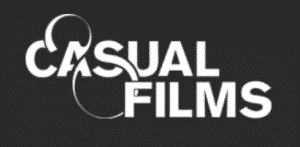
Jonathan Lapps
Account Manager at Epipheo
Stefanie Smith
Producer at Education First
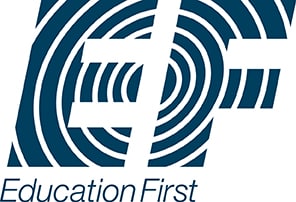
Kerry Gillies
Director at Synergy Language Services

Thomas Kennedy
Designer at Atlas Knowledge
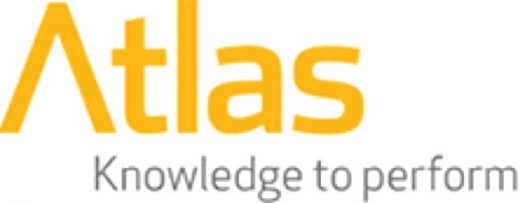
Lucas Cole
Sales and Marketing Director at Epipheo

Price Match Promise
Challenge Our Prices, Enjoy Our Quality
